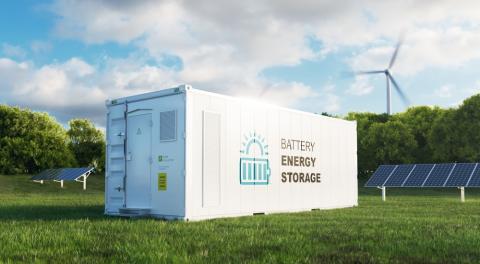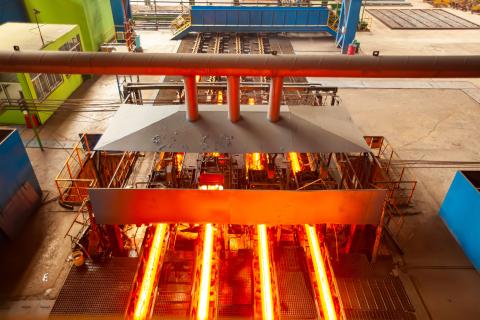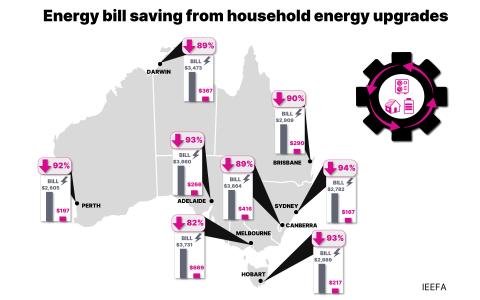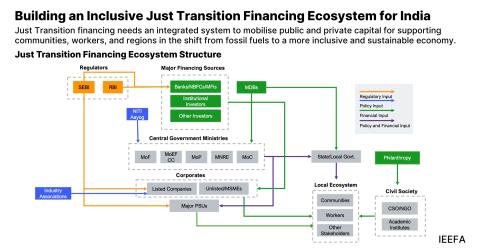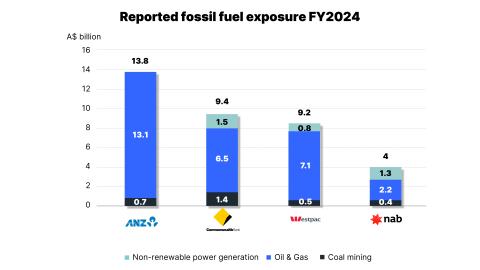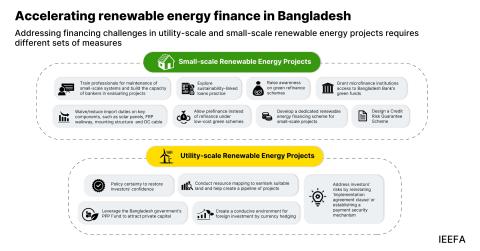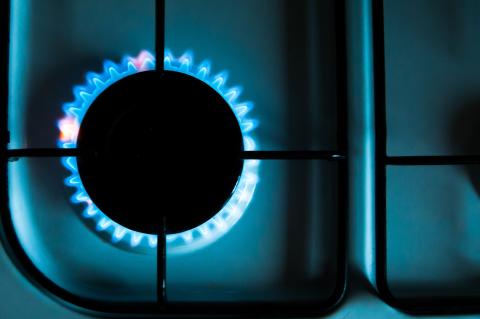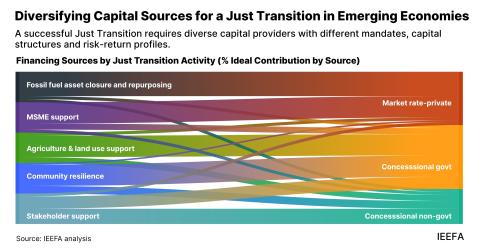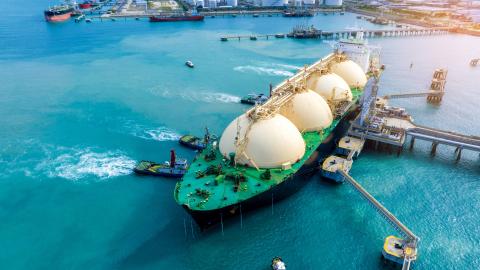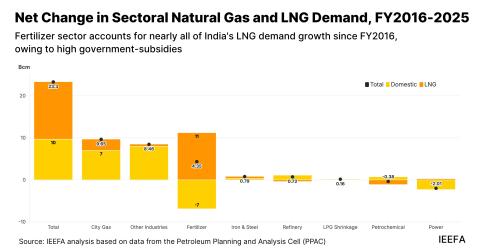Japan’s ‘Rising Sun’ Drives Energy Sector Transformation
TOKYO, March 8, 2016 (IEEFA) — Fossil fuels will be the main loser from Japan’s on-going power-sector transformation, according to a new briefing from the Institute for Energy Economics and Financial Analysis (IEEFA), released to coincide with industry leaders gathering for the Japan Renewable Energy Foundation conference, “Revision 2016: Realizing the Opportunities” tomorrow in Tokyo.
“With almost US$20 billion invested annually in new solar developments that are bringing 8 gigawatts (GW) of solar-powered electricity online per year, Japan is one of the three largest solar installation markets globally. It is living up to it’s name as the Land of the Rising Sun,” said author Tim Buckley, IEEFA’s Director of Energy Finance Studies.
Japan was one of the three largest solar installation markets globally in 2014 and again in 2015. IEEFA estimates 2015 installs reached 8 gigawatts (China was No. 1 with 15 GW of installs last year, and the U.S. is estimated to have installed 7.5 GW). Total Japanese solar installations are estimated to have reached nearly 30 GW at the end 2015, on track to exceed 50 GW by 2020 (76GW of solar was approved as at the start of 2015).
According to IEEFA, further growth is likely: the Japan Photovoltaic Energy Association last April published a strategy document outlining how the country can reach 100 GW of installed photovoltaic generation capacity by 2030.[i] This would imply generation of over 110TWh annually of solar production, equating to 15% of Japan’s total electricity demand.
“As we are seeing across the world, the growth in renewable energy, combined with significant energy-efficiency advances, is having a tangible impact on fossil fuels,” said Buckley. “Japan today has a record 47 coal-fired power plants in the pipeline. But investors should beware, because the energy transformation means these plants risk becoming quickly uneconomic. In other words, they have a high likelihood of becoming stranded assets.”
While Japan was one of the few large energy markets reporting thermal coal import growth last year, it’s a trend that is unlikely to last. Indeed, 2015 will mostly likely stand as a peak year for Japanese thermal coal imports and coal-fired power generation, with January 2016 coal imports down 13.2% year-on-year.[ii]
IEEFA notes that if Japan builds excessive new coal-fired power plants, the outcome will be underutilisation of the whole fleet. This pattern has already occurred in China where the average coal-fired power plant utilization rate has declined from just over 60% in 2011 to a record low 49.4% in 2015.
Similarly, in India, the prolonged annual addition of 15GW of new coal-fired power plants has been met with significantly weaker than forecast electricity demand growth. The result: India’s coal-fired power sector utilization rate has fallen from 75% in 2011 to an estimated 61% average rate in 2015 (with IEEFA forecasting a further drop to a record low of 57-58% in 2016).
“As we have seen in India, China, Australia and Europe, the dramatic cost reduction in renewable energy, catalysed by the imperative to reduce carbon emissions, is rapidly rendering new thermal coal generation redundant,” said Buckley. “Today, Japan has a major opportunity to benefit from this trend by investing further in energy efficiency plus wind and solar power and avoiding the mistake of new thermal coal investment.”
“A more efficient Japanese electricity system less dependent on fossil fuel imports would improve Japan’s energy security needs and is not only consistent with Japan’s climate commitments, but would also serve to avoid significant stranded fossil fuel asset risks,” concludes Buckley.
Tim Buckley will be in Japan from 7-10 April and will be available for media interviews.
The full briefing is available here.
-ENDS-
Tim Buckley is the Director of Energy Finance Studies, Australasia for IEEFA. He has 25 years of financial markets experience, including 17 years with Citigroup culminating in his role as Managing Director, Head of Australasian Equity Research.
Tim Buckley (Australia) P: +61 (0) 408 102 127 [email protected]
Media: James Lorenz P +61 400 376 021 james@holdfastcommunications.com.au
ABOUT IEEFA
IEEFA conducts research and analyses on financial and economic issues related to energy and the environment. The Institute’s mission is to accelerate the transition to a diverse, sustainable and profitable energy economy and to reduce dependence on coal and other non-renewable energy resources.
More here on IEEFA research: https://ieefa.org/category/subject/reports/
[i] http://www.pv-tech.org/news/with_100gw_of_solar_by_2030_japan_could_meet_11_of_demand_says_industry_gro


